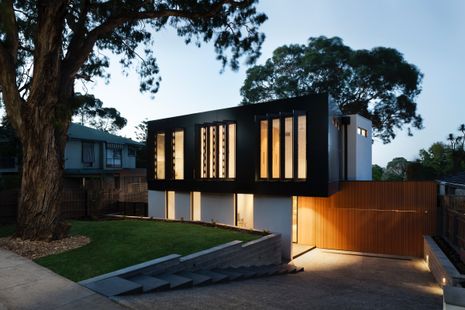|
Rent Caps Will Worsen Crisis
Imposing rent controls, may prolong the housing crisis, according to outgoing Reserve Bank of Australia governor, Philip Lowe.
While all levels of Government are discussing restricting landlords from raising rents, Lowe says it won’t solve the issue.
The Greens are pushing for the Federal Government to implement a two-year rent freeze.
But Lowe says the only solution is to build more houses.
“There’s always a tendency to try and come up with short-term solutions,” he says.
“The solution has to be putting in place a structure that makes the supply side of the housing market more flexible. And that means zoning and planning deregulation, and it means state and local governments being part of the solution.”
Lowe has called for deregulation of “restrictive zoning laws” which he says have pushed the cost of land up to levels not experienced elsewhere in the world.
“Thinking longer term, doing something in that space would make a difference to the quality of life in Australia.”
|










